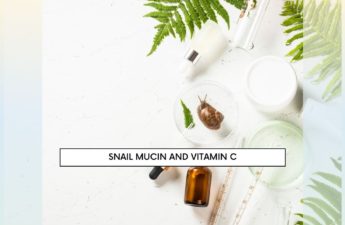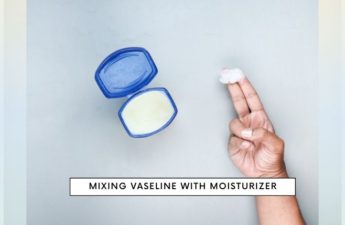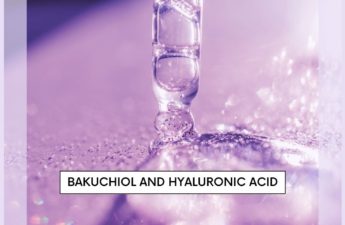Navigating the ever-evolving world of skincare can feel like a maze. With a growing array of products gracing drugstore shelves each week, it’s no wonder we often feel overwhelmed.
Yet, true skincare magic lies in simplicity. Among the sea of ingredients, hyaluronic acid and peptides stand out as favorites. But questions linger: Can you layer them? Which goes on first for optimal benefits?
Let’s demystify these wonders together. Dive in as we unveil the essence of hyaluronic acid and peptides, their skincare prowess, and why they deserve prime real estate in your beauty arsenal.
Combining Peptides and Hyaluronic Acid: The Winning Order
Good news, skincare enthusiasts! Peptides and hyaluronic acid can seamlessly blend into one skincare routine. However, the magic is in the method.
Imagine you’re holding a face cream enriched with hyaluronic acid and a separate peptide serum. Which comes first? The peptide serum takes the lead. Applying it first lets those peptides dive deep, kickstarting the collagen boost for that sought-after youthful glow.
But what if you’re juggling a hyaluronic acid serum and a peptide serum? Flip the script! Begin with the hyaluronic acid serum, followed by the peptide potion.
It’s all about layering wisely for skin that truly radiates!
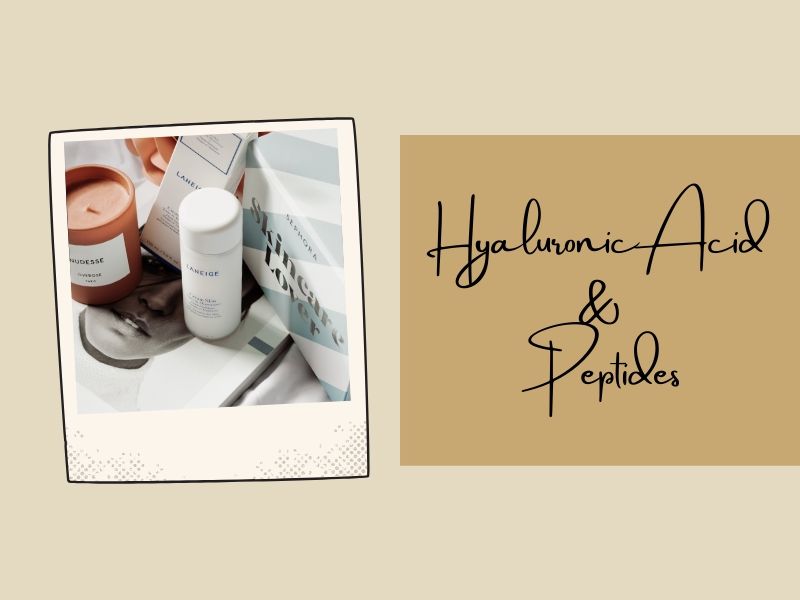
Who Should Use Hyaluronic Acid and Peptide Together?
- dry skin
- aging skin
- sensitized skin/damaged skin barrier
- sagging skin
What Is Hyaluronic Acid?
You’ll often see hyaluronic acid marketed as a must-have product. With all the hype surrounding it, it’s no wonder that hyaluronic acid is incredibly popular, but what is it, and what purpose does it serve on your skin?
More importantly, how do you use it? As it turns out, you can derive a lot of benefit from this skincare product, but you must use it correctly.
Hyaluronic acid is produced naturally by the body, and its role is to suck the moisture out of the air and into your skin. It’s the water hoarding properties of hyaluronic acid that keeps your skin moist throughout the day. (source)
You’ll see hyaluronic acid listed as an ingredient in just about every hydrating skincare product on the market, including moisturizers, and face serums. Quite a few makeup products like concealers and foundations will also contain hyaluronic acid.
Occasionally, you might notice hyaluronic missing from the ingredients list, but it’s probably still there, just hidden under a different name. Sometimes it will be listed as sodium hyaluronate, which is hyaluronic acid’s salty cousin.
One is not necessarily better than the other as they both perform the same role in the skin, which is absorbing and retaining moisture.
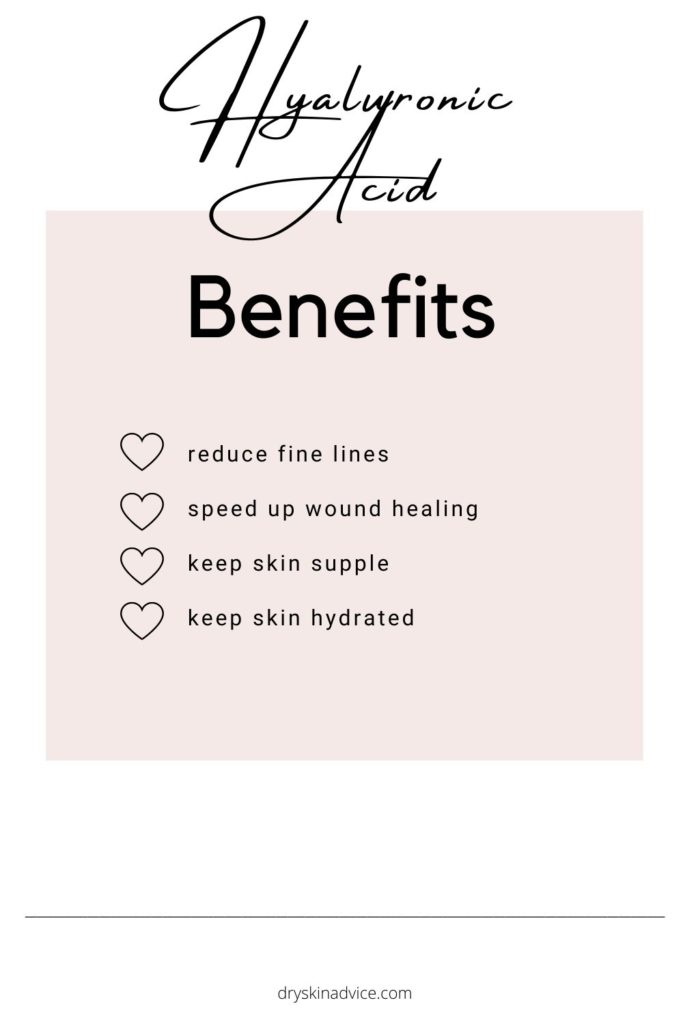
Can You Use Hyaluronic Acid Every Day?
Considering daily doses of hyaluronic acid for your skin? Good news – it’s safe and even recommended! For optimal results, make it a twice-daily ritual on freshly cleansed, damp skin.
But why the emphasis on ‘damp’? Here’s the scoop: In the dry embrace of a chilly winter room, applying hyaluronic acid to parched skin can backfire. Instead of hydrating, it might siphon moisture from your skin, letting it vanish into thin air, leaving you with a complexion that’s even thirstier. (source)
Avoid this skincare misstep with a simple hack: Post-hyaluronic acid application, seal in the goodness with a moisturizer. And for that nighttime TLC? A dollop of facial oil acts as the perfect barrier, ensuring you wake up with skin that’s soft and deeply hydrated.

Does Hyaluronic Acid Have Any Side Effects?
Remember, our body produces hyaluronic acid, so if it had side effects, a lot of us would be experiencing issues.
However, not all hyaluronic acid molecules are created equal. They vary in size, and this can affect how deeply they penetrate the layers of skin. Lower molecular weights have been shown to penetrate deeper, with some people experiencing inflammation. (source)
Even though If you notice any irritation or dryness after starting on a new product containing hyaluronic acid, switch it out with something else and monitor the results. Do a patch test first and don’t forget to ask your local dermatologist for advice as well.
What Are Peptides?
Peptides are a recent discovery in skincare and are an increasingly popular addition to skincare regimes due to their anti-aging potential.
One of the essential proteins in our skin is collagen. The thickness of our skin, its elasticity, and suppleness, are all tied to our levels of collagen. Unfortunately, collagen breaks down as we age, and our supplies run short. As a result, our skin becomes wrinkly and saggy.
Peptides are amino acids formed when skin cells and collagen break down. When you apply a short chain of amino acids to the top layer of the skin, the peptides signal the cells that the skin has become damaged. They then get to work repairing the “damage’ by creating more collagen. The result is younger firmer-looking skin, with fewer wrinkles.
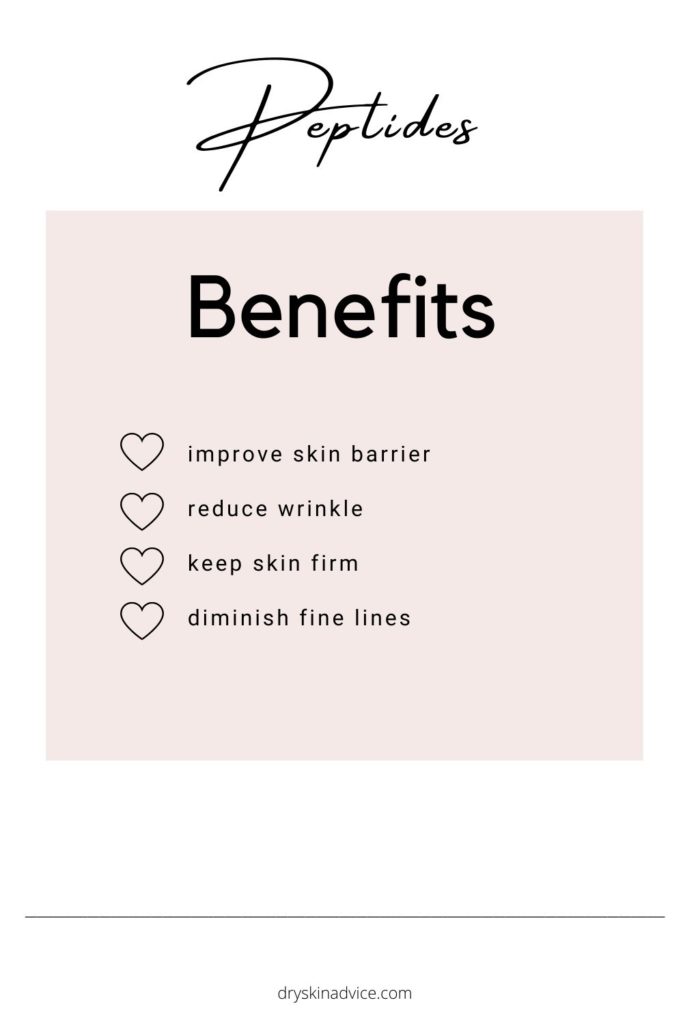
How Should You Use Peptides?
You won’t notice instant results when you start using peptides, for the most part anyway. They are a long-term solution, usually applied via a serum or cream. Most people will notice results during weeks four to twelve. Understandably, regular use of peptides is the way to get the best results and keep your skin looking younger for longer.
Optimal Order of Skin Care Products
If you are new to skincare, don’t worry. We know with all the different skincare products out there, and with dermatologists recommending you use a variety every day, it can be hard to know in what order to apply them. Let’s break down an optimal skincare routine.
Cleanse First – All of the skincare products you use will perform better when they have clean skin to work with.
Toners and Eye Creams – Use a toner next, and unless you have oily skin, use an alcohol-toner. Alcohol removes oil, but there is also the potential for irritation. Eye creams go on next because you don’t want to risk accidentally rubbing any of the following products onto your delicate eye area.
Serum – This is where you apply a quality serum for its active ingredients, including those containing peptides. It’s also a good idea to use these at night, to give your skin the material it needs to regenerate while you sleep.
Don’t Forget the Sunscreen – you don’t need sunscreen at night, but dermatologists recommend a high-quality, high SPF sunscreen be the last thing you apply before heading out. You’ll protect your delicate facial skin from the damaging effects of UV rays, which can accelerate the effects of aging.
